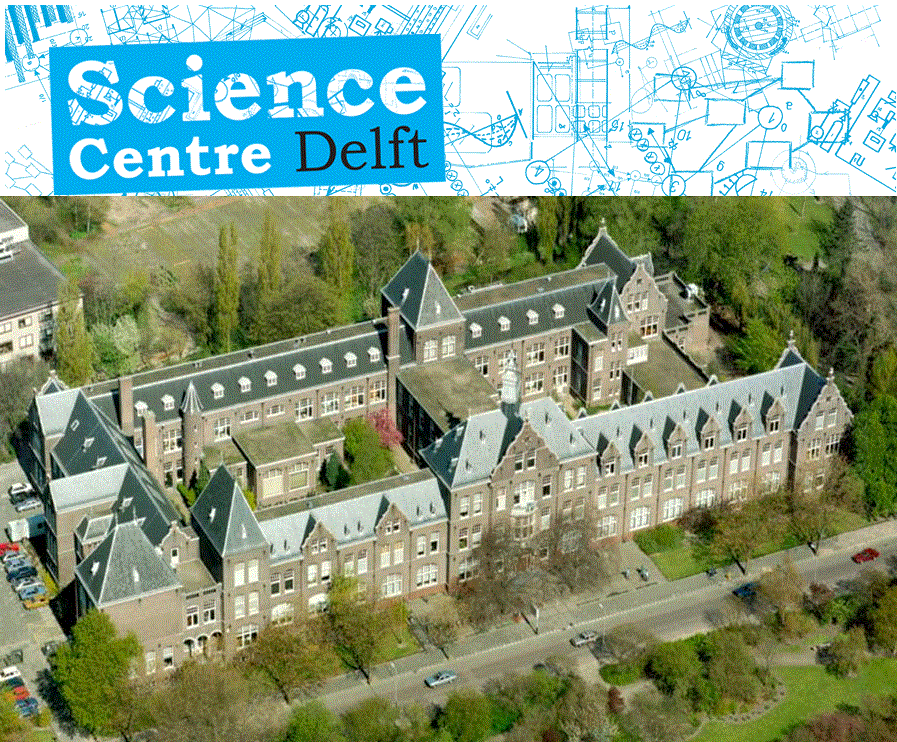Delft is a city in the Netherlands (Europe). It is located in the province of South Holland, between Rotterdam (the Netherlands’ largest harbour) and The Hague (where the government is located).

The sight of the monumental buildings, remains of the old city walls, canals, and typical bridges to cross them makes Delft a notable tourist destination. Delft is also well-known for the Delft pottery ceramic products "Delfts Blauw", styled on the imported Chinese porcelain of the 17th century. Famous painter Johannes Vermeer (1632–1675) was born in Delft and used Delft streets and home interiors as the subject or background of his paintings.
Presumably the town of Delft came into being in the 11th century. From a rural village in the early Middle Ages Delft developed into a city in the 13th century. In 1572, William of Orange (Willem van Oranje) took up residence in Delft. At the time he was the leader of growing national Dutch resistance against Spanish occupation of the country. When William was shot dead in 1584 the family's traditional burial place in Breda was still in the hands of the Spanish. Therefore, he was buried in the Delft Nieuwe Kerk (New Church). This was the start of a new tradition for the House of Orange that has continued to the present day.
Delft University of Technology (TU Delft)
Delft University of Technology (TU Delft) is one of three universities of technology in the Netherlands. The other two are University of Twente and Eindhoven University of Technology. TU Delft, founded in 1842, is the largest and oldest Dutch public technical university. With eight faculties and numerous research institutes it hosts over 19,000 students (undergraduate and postgraduate), more than 3,300 scientists and more than 2,200 people in the support and management staff. TU Delft has a strong research profile with the main focus on engineering and applied sciences.
Science Centre Delft is located in a building which dates back to 1912. It was designed by Jan Vrijman, government engineer for educational buildings in the Netherlands. In addition to the Science Centre, the building is host to several companies.
Science Centre Delft is a technical and scientific exhibition and research centre in Delft. It is part of Delft University of Technology. An important aspect of the collection is to provide visitors with an idea of scientific research and its conduct. The Science Centre aims to show visitors how technology can be used to address present issues such as climate change, safety and security, and serious gaming. Most parts of its exhibitions are interactive and invite the visitors to actively investigate the items shown in the Science Centre. All exhibited items are based on scientific innovations and research conducted at TU Delft.

